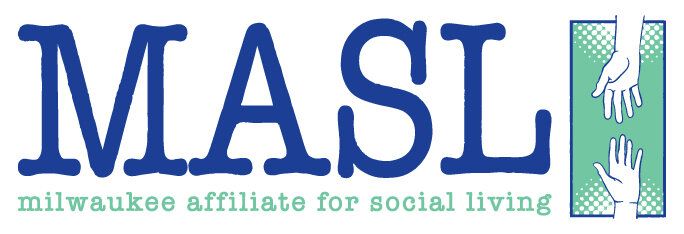Spirituality and Meaning Making
Across cultures and over the long course of time, humans have sought to make meaning out of our existence. Why are we here? Who or what is responsible for bringing us into being? What is our purpose in life and living. Spirituality and religious belief have offered means to answer these questions as well as frameworks for asking the questions and exploring these mysteries.
Whereas some cultures have attempted to answer these questions through turning to the natural world immediately around them, others set their sites and imaginings upon the broader cosmos and deities unseen but watching.
Spirituality and religious life have also served some important role in directing social relations and establishing social order within societies. “Good and bad” and “right and wrong” have historically been resolved within the parameters of religious thought and meaning making.
Meaning Making in Modern Times
As western society moved out of the dark ages, individuals began seeking to understand this world and our experiences in it outside the realm of the dogma of the Church. This allowed for renewed interest in earlier pursuits of meaning making in Greek and Roman philosophy and through consideration of the governance and civic life that had been set forth by these. Ultimately a reconsideration for philosophy eventual led us towards scientific inquiry and scientific discovery that provided new meaning making and new answers for the truths that were previously circumscribed be religious belief alone.
Religious thought and spirituality has never been fully eradicated by these new developments, with vying forms of meaning making very much alive around us in the world as well as occurring within us.
Personal History and Meaning Making
How is it that you know what you know? On what authority do you base what is true and real?
Context may play a determining factor in considering who or what we consult as the authority on a given matter. Whether we seek the counsel of religious texts and leaders or pursue answers from medical professionals and science may depend upon the circumstances.
The foundations for meaning making and truth seeking are set in our early childhood experience and through the influence of culture and society. These habits of thought and behavior are not always clear to us and are handed down to us through a history that long proceeds our experience. Later in life, our knowledge and experience may alter how we come to understand what is true and how we make meaning of things, but the patterns of meaning making and the source of authority continue to influence how we think and feel. In the end, it is not the truths that we aspire to, but how we act and behave in the moment that best defines our meaning making.
Logotherapy
Viktor Frankl (1905-1997) founded his theory of Logotherapy after surviving from the concentration camps of World War Two. Frankl was powerfully moved by how meaning itself served as an important control in life, and offered in Logotherapy a process whereby meaning making would be used to imbue hope and direction in life.
In his powerful book, Man’s Search for Meaning Frankl provided an illustration of his theory in part from his own experience in the concentration camps, including a powerful encounter with a crust of bread that he kept in his pocket unbeknownst to all others. Privately, Frankl reasoned that he could either keep the crust or eat it, and as long as he had it he had a capacity for some degree of control over his surroundings. Later he realized how this served as both an act of private defiance and hope that preserved some dignity and agency to his dire circumstances.
Amongst his many contributions and accomplishments, Frankl was successful at establishing a program to prevent teen suicides in pre-war Vienna. His program included the establishment of youth counseling centers for which he enlisted the help of then student clinician and Adler’s future protege, Rudolf Dreikurs.
Personal Growth Through Meaning Making and Spirituality
Meaning making relates to our own private spiritual growth and development that occurs over life. As new truths and experiences challenge existing ones, it can be unnerving and perplexing. However, such experiences can also prove to be liberating and healing. Like other areas of development, spiritual growth requires our active and deliberate participation. Healthy spirituality requires a delicate balance between both faith and doubt. It calls upon deductive as well as inductive processes, both dogma and discovery. It also requires that we remain open to the world as we seek also clarity and assurance in pursuit of its mysteries. The pursuit of truth and meaning may serve to be the highest order of human operation, and religious or spiritual end-goals guide us through the more immediate and present obstacles that face us in our daily struggles.


